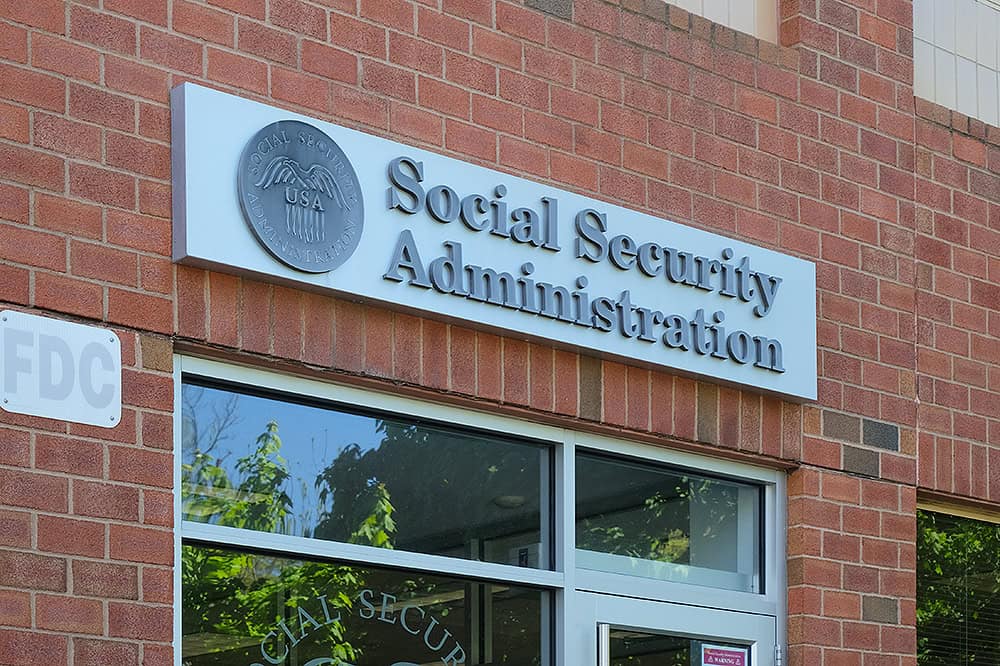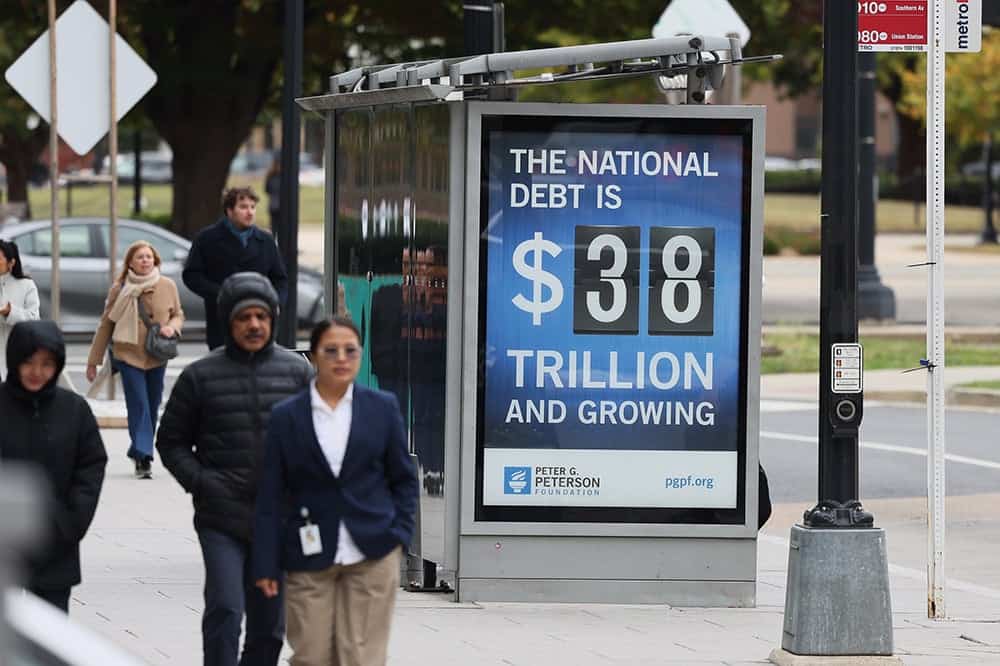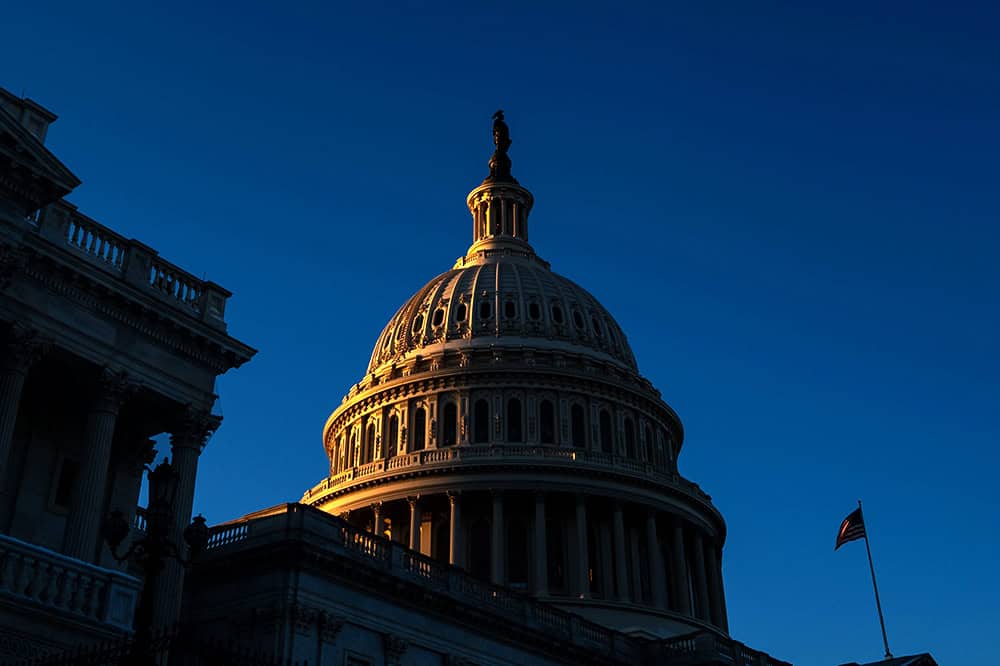Peterson Foundation Statement on New CBO Report

Michael A. Peterson, CEO of the Peter G. Peterson Foundation, commented today following the release of the updated 10-year Budget and Economic Outlook from the Congressional Budget Office (CBO). Peterson said:
“Today’s CBO projections are the latest loud and clear warning about America’s unsustainable national debt. There has never been a more urgent time for a bipartisan fiscal commission to recommend solutions to put us on a stronger path.
“Over the next 10 years, we’re on track to borrow more than $20 trillion, driven by well-known structural factors including the aging of the population, rising healthcare costs, mounting interest costs and a tax system that doesn’t fund the promises we’ve made.
“Interest costs have more than doubled in just the past three years, rising to more than $2 billion per day this year. And by next year, we’ll spend more on interest than on defense and nearly all other national priorities. CBO projects that annual interest payments will total $1.6 trillion a decade from now and will continue to grow from there.
“It’s especially concerning that the Social Security trust fund will be depleted within the 10-year window, yet there is still no plan from Congress to strengthen this critical program for the future. Doing nothing to stabilize Social Security means an automatic, across-the-board cut of 23% for all beneficiaries — how can we to continue to delay solutions and risk such an unfair outcome?
“Given these challenges to our economic future, it’s encouraging to see the growing momentum for a bipartisan fiscal commission. More than 8-in-10 Americans agree that a commission would benefit our budget and economy, lower interest costs, make our tax system more fair, and strengthen key programs like Social Security. The fiscal commission legislation that recently passed the House Budget Committee with across-the-aisle support provides lawmakers a valuable opportunity to begin a process to develop the comprehensive spending and revenue solutions that are essential for our fiscal and economic future.”
# # #
Further Reading
Lawmakers are Running Out of Time to Fix Social Security
Without reform, Social Security could be depleted as early as 2032, with automatic cuts for beneficiaries.
What Is the National Debt Costing Us?
Programs that millions of Americans depend on and care about may be feeling a squeeze from interest costs on our high and rising national debt.
Interest Costs on the National Debt Are Reaching All-Time Highs
The most recent CBO projections confirm once again that America’s fiscal outlook is on an unsustainable path — increasingly driven by higher interest costs.


